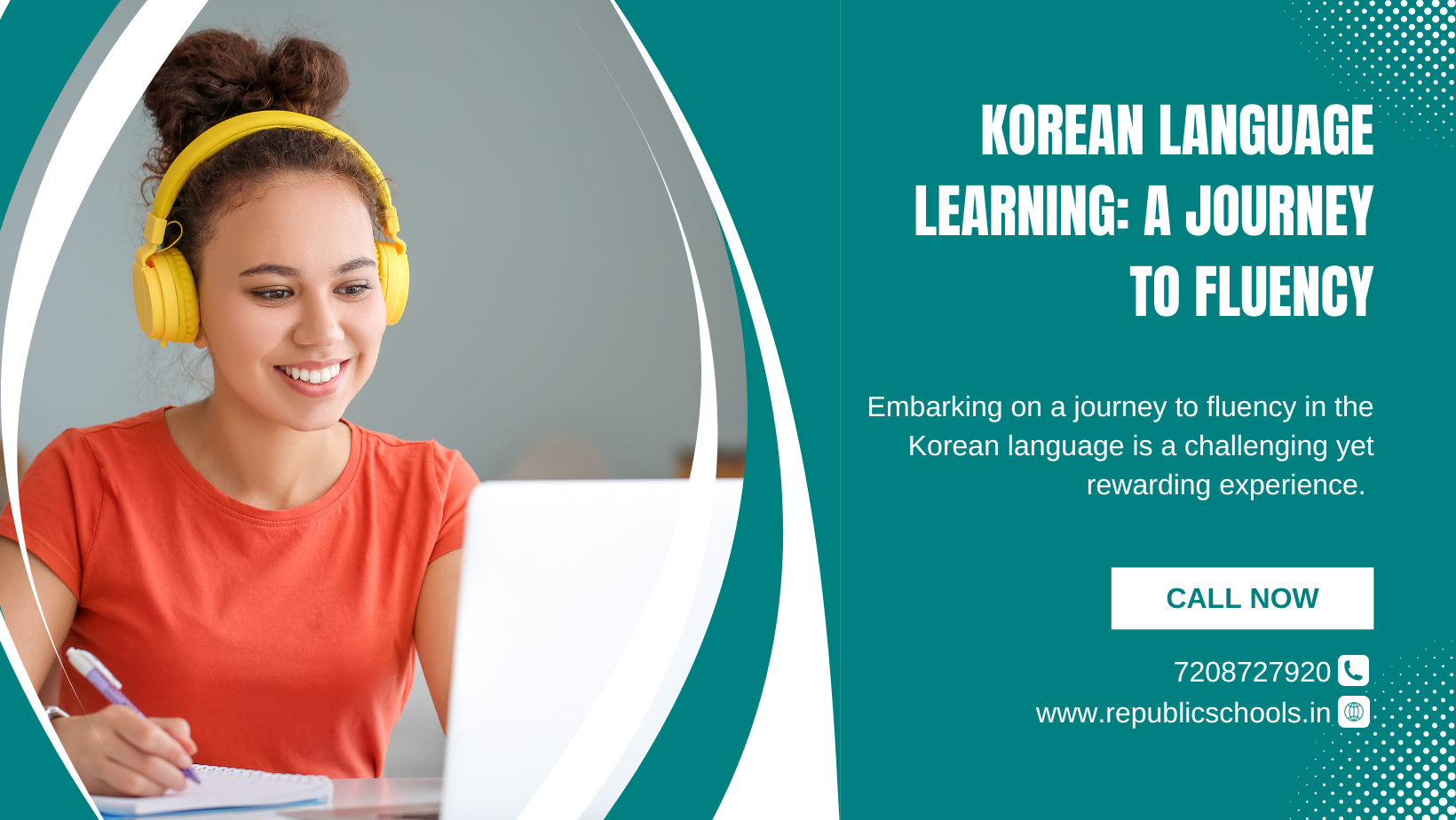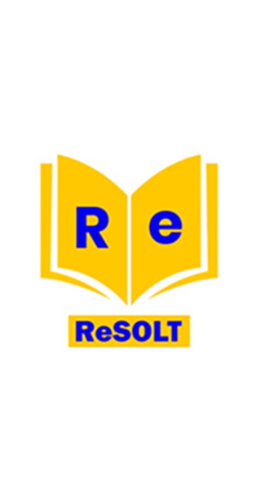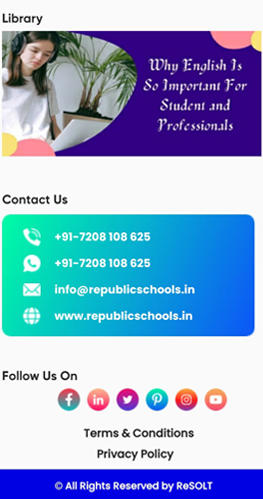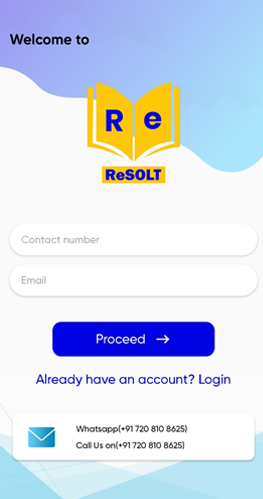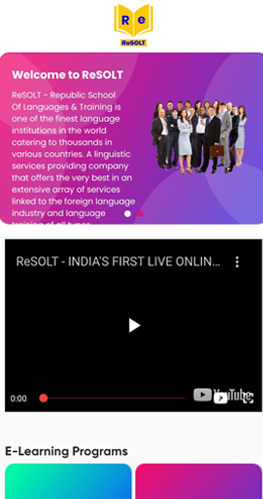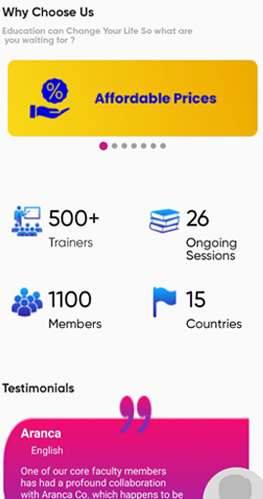Embarking on a journey to learn the Korean language is an exciting and rewarding endeavor. Whether you’re a K-pop enthusiast, an avid fan of Korean dramas, or simply interested in exploring a new linguistic and cultural landscape, achieving fluency in Korean opens up a world of opportunities. In this article, we will delve into the key aspects of the journey to fluency in Korean language, providing guidance, tips, and strategies to help you along the way.
Setting Clear Goals: Before diving into any language learning journey, it’s crucial to set clear and achievable goals. Whether you aim to achieve conversational proficiency, improve your reading and writing skills, or gain a deep understanding of Korean culture, defining your objectives will help you stay focused and motivated throughout the learning process.
Building a Solid Foundation: Hangul and Pronunciation: One of the first steps in learning Korean is mastering Hangul, the Korean writing system. Understanding Hangul’s unique characters and their pronunciation is essential for effective communication. We’ll explore strategies for learning Hangul efficiently and offer tips for improving your pronunciation, ensuring a strong foundation for further language acquisition.
Embracing Vocabulary and Grammar: Vocabulary and grammar are the building blocks of any language. We’ll discuss effective methods for expanding your Korean vocabulary, from using flashcards and language apps to reading Korean texts and engaging in conversations with native speakers. Additionally, we’ll delve into the intricacies of Korean grammar, exploring its unique features and offering practical tips for comprehension and usage.
Read also: 6 Reasons Why You Should Learn Korean Language in India
Immersion and Listening Skills: Immersing yourself in the Korean language is a powerful way to accelerate your learning process. We’ll explore various immersion techniques, such as listening to Korean music, watching Korean movies and dramas, and participating in language exchange programs. Developing strong listening skills is vital for understanding spoken Korean, and we’ll provide strategies to enhance your ability to comprehend and interpret spoken language.
Speaking and Conversation Practice: Language learning truly comes alive when you can engage in conversations with native speakers. We’ll discuss strategies for finding language partners, joining language exchange groups, and participating in language events to practice your speaking skills. Overcoming the fear of making mistakes and actively seeking opportunities to speak Korean will greatly contribute to your journey to fluency.
Reading and Writing Skills: Fluency in Korean goes beyond speaking and listening. We’ll explore techniques for improving your reading and writing skills, from reading Korean books and news articles to writing essays and keeping a journal in Korean. We’ll also introduce resources and tools that can assist you in honing your reading and writing abilities.
Cultural Immersion: Learning a language involves more than just mastering its vocabulary and grammar. Understanding the culture and customs of a country adds depth and richness to your language skills. We’ll explore ways to immerse yourself in Korean culture, from participating in traditional events and celebrations to exploring Korean cuisine and arts. By embracing the cultural aspects of Korea, you’ll gain a deeper appreciation for the language and connect with native speakers on a more profound level.
Conclusion: Embarking on a journey to fluency in the Korean language is a challenging yet rewarding experience. By setting clear goals, building a solid foundation, embracing immersion, and practicing all language skills, you can progress steadily toward fluency. Remember, language learning is a journey, and patience, persistence, and passion are key to achieving your goals. Embrace the adventure, and before you know it, you’ll find yourself conversing fluently in Korean and discovering a world of new opportunities.

